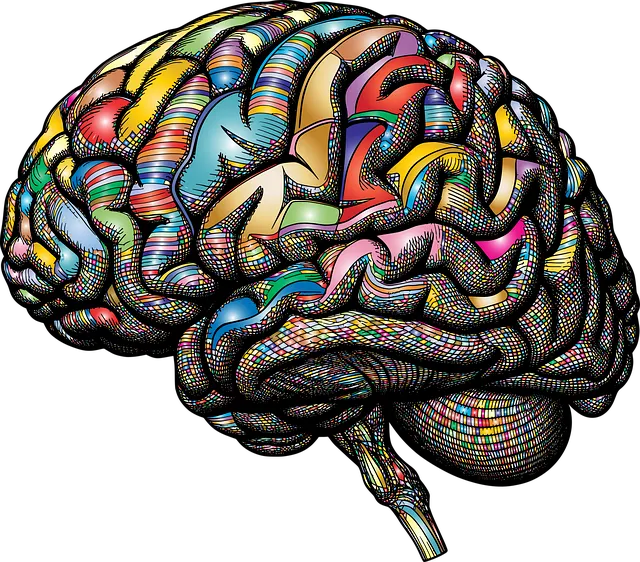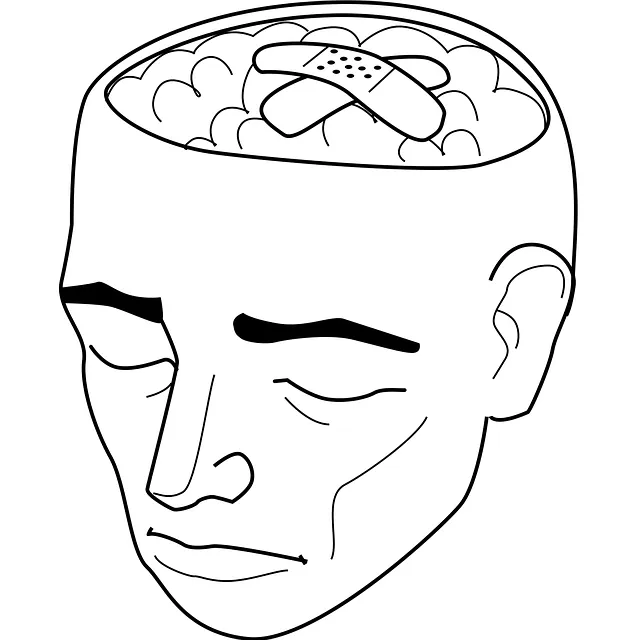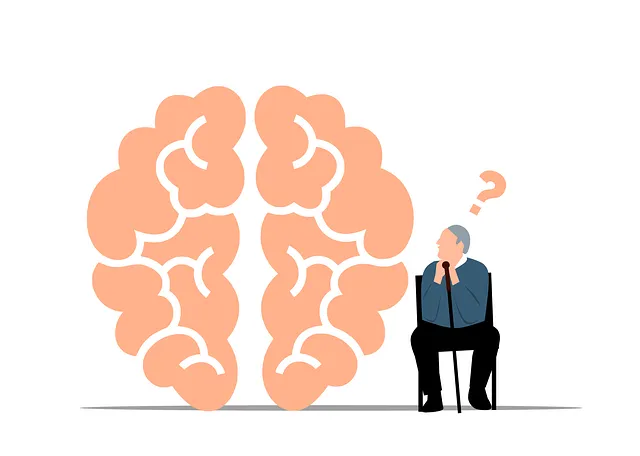Kaiser Permanente is revolutionizing mental health diagnosis with advanced tools and comprehensive training for their Superior mental health jobs. Investing in cutting-edge assessment methods, including AI, they capture nuanced symptoms, especially from trauma, and improve accuracy. Through stress reduction techniques and evidence-based practices, professionals receive the latest research to offer precise diagnoses and tailored treatments. Kaiser Permanente fosters a culture of continuous learning, addressing stigma, and promoting cultural sensitivity for diverse patient care. This evolution in mental health assessment ensures superior care, improved outcomes, and increased patient satisfaction.
Mental illness diagnosis accuracy is a critical aspect of patient care, especially at organizations like Kaiser Permanente. This article explores efforts to enhance diagnosis at Kaiser Permanente locations in Superior, Colorado, through advanced tools and training for mental health professionals. We delve into early intervention strategies, focusing on community outreach and educational initiatives. Additionally, it highlights evidence-based practices and continuous quality improvement protocols, aiming to refine diagnostic processes for better patient outcomes, as exemplified by successful implementation at Kaiser Permanente mental health jobs in Superior.
- Enhancing Diagnostic Tools and Training for Mental Health Professionals at Kaiser Permanente
- – Exploring the current challenges in mental illness diagnosis
- – Implementation of advanced assessment techniques and AI-assisted diagnostic tools
Enhancing Diagnostic Tools and Training for Mental Health Professionals at Kaiser Permanente

At Kaiser Permanente, efforts to enhance mental health diagnosis accuracy are underway, focusing on two key areas: improving diagnostic tools and training for professionals. In the realm of superior mental health jobs, the organization recognizes the importance of advanced techniques in identifying and understanding complex conditions. They’re investing in cutting-edge assessment methods that go beyond traditional questionnaires, integrating innovative technologies to capture nuanced symptoms often associated with mental illnesses, especially those stemming from trauma support services.
Through comprehensive training programs, Kaiser Permanente aims to equip its professionals with the latest research and evidence-based practices. This includes stress reduction methods and confidence-boosting techniques that enable healthcare providers to offer more precise diagnoses and tailored treatments. By fostering a culture of continuous learning, the organization strives to ensure their mental health experts are at the forefront of delivering exceptional care to patients facing various psychological challenges.
– Exploring the current challenges in mental illness diagnosis

The current landscape of mental illness diagnosis is fraught with challenges, hindering the ability to provide accurate and timely interventions. One significant hurdle is the intricate nature of mental health conditions themselves; symptoms can be nuanced and often overlap, making differentiation among disorders a complex task. For instance, individuals suffering from anxiety disorders might exhibit signs comparable to those experiencing depression, adding layers of complexity for healthcare professionals, particularly in primary care settings.
Moreover, the pervasive stigma associated with mental illness creates barriers to diagnosis and treatment-seeking behavior. The Kaiser Permanente Community Outreach Program Implementation aims to address this by fostering open conversations about mental health within diverse communities, encouraging early identification and intervention. Mental Illness Stigma Reduction Efforts play a pivotal role in normalizing discussions around mental well-being, enabling patients to share their experiences without fear of judgment. Effective Communication Strategies, tailored to different populations, are essential tools in the diagnostic process, ensuring that individuals from various cultural backgrounds receive culturally sensitive care.
– Implementation of advanced assessment techniques and AI-assisted diagnostic tools

The evolution of mental health assessment has seen a significant shift with the integration of advanced techniques and Artificial Intelligence (AI) tools, marking a promising step forward in diagnosis accuracy. Kaiser Permanente, a leading healthcare provider, recognizes this potential and actively promotes mental health jobs that leverage such innovative methods. By implementing AI-assisted diagnostic tools, professionals can now benefit from enhanced efficiency and precision. These technologies analyze vast datasets to identify patterns and correlations, aiding in the early detection of various mental health disorders. For instance, AI algorithms can assist in recognizing subtle changes in emotional regulation, a crucial aspect often challenging for traditional assessment methods.
Furthermore, the integration of AI supports not only diagnostic processes but also contributes to comprehensive patient care. Risk Management Planning for Mental Health Professionals is facilitated by these tools, enabling them to anticipate potential risks and design personalized treatment plans. Self-Care Routine Development for Better Mental Health is another area where AI can play a pivotal role, offering tailored recommendations to promote emotional well-being. This advanced assessment approach ensures that mental health professionals in Superior positions have the necessary resources to provide cutting-edge care, ultimately improving patient outcomes and satisfaction.
The pursuit of enhancing mental illness diagnosis accuracy at Kaiser Permanente, through advanced tools and professional training, is a significant step towards improving patient outcomes in superior mental health jobs. By implementing AI-assisted assessments and refining diagnostic techniques, the organization aims to navigate the complex landscape of mental health diagnoses with greater precision. This initiative not only promises better care for patients but also positions Kaiser Permanente as a leader in leveraging innovative technologies to support its mental health professionals.



